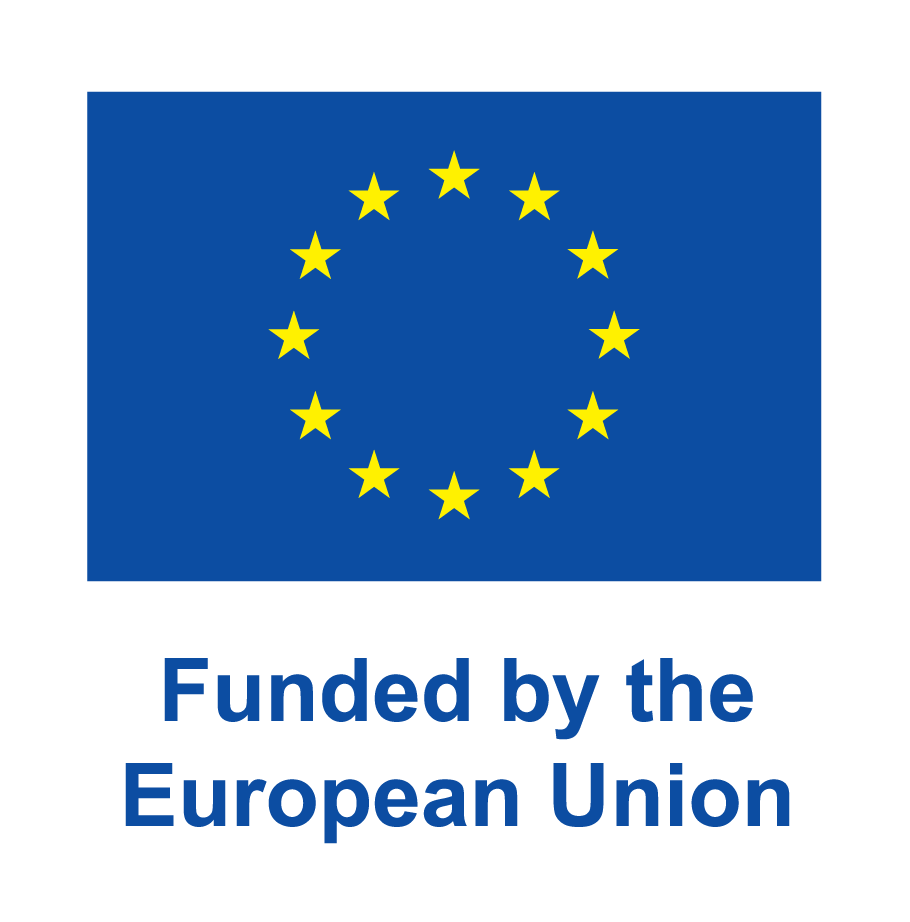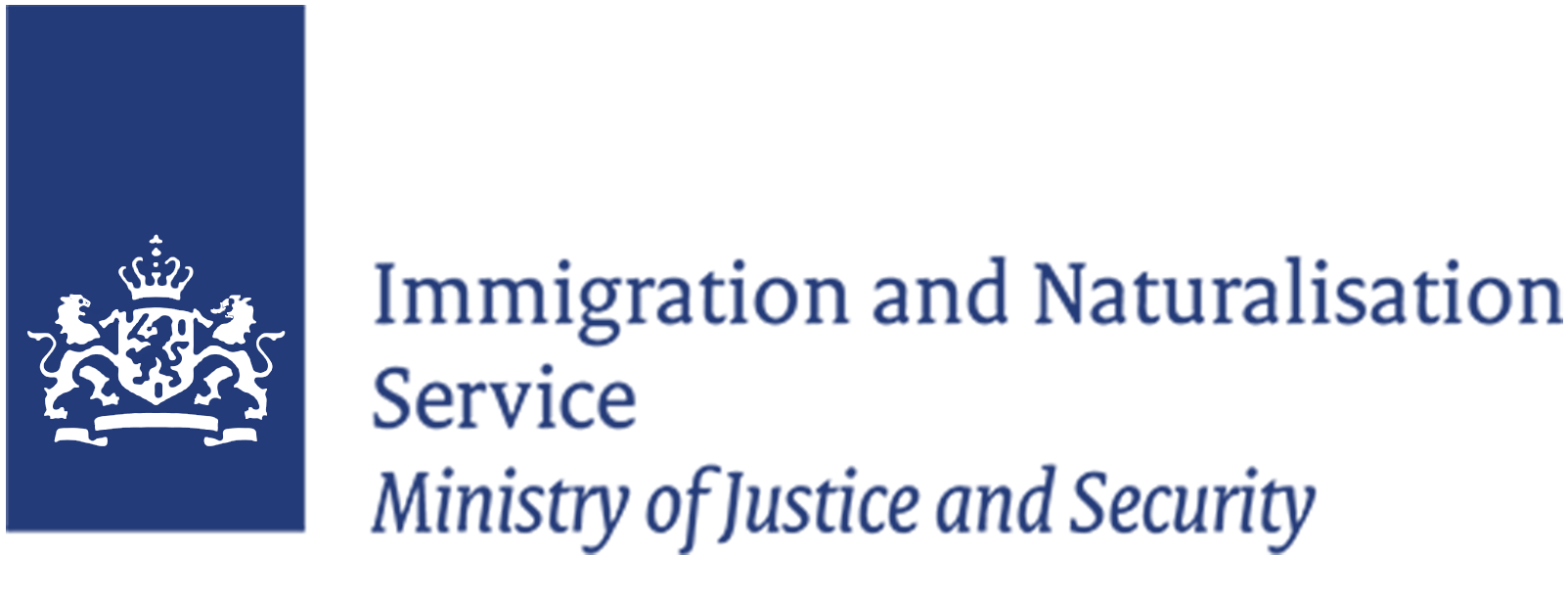Both the Netherlands and other European countries collect biometric data from migrants from non-EU/EFTA countries to establish their identity and verify the authenticity of travel documents. The international sharing and exchange of these data with other EU countries is only permitted under certain conditions.
Biometric data of migrants in the EU mainly used for identification
> Read the full EMN research (comparison between 27 EU Member States and EMN Observer Countries*)
All countries examined collect biometric data (physical or physiological characteristics) from migrants from non-EU/EFTA countries applying for international protection, a residence permit, or a long-term visa. The Netherlands and 23 other countries (AT, BE, BG, CZ, DE, EE, EL, ES, FI, FR, HR, HU, IE, IT, LT, LU, LV, PL, SE, SI, SK; NO, RS) also collect such data in case of a short-stay visa. The EU Visa Code does not apply to Ireland, but this practice is laid down in their national legislation.
Identification and other purposes
Like most countries, the Netherlands uses technical instruments to identify migrants from non-EU/EFTA countries based on biometric data, such as fingerprints, voice prints, or iris scans. Six countries (BG, EE, IT, NL, SI; NO) also allow DNA samples under certain circumstances, although this does not occur in practice in Estonia.
Twenty-two countries (AT, BE, BG, DE, EE, EL, ES, FI, FR, HR, HU, IE, IT, LT, LV, NL, PL, PT, SE; NO, UA, RS) reported that national legislation allows the use of these data for other purposes, as long as appropriate safeguards are in place. This applies, for example, in cases of national security, criminal or civil investigations, or counter-terrorism.
Age limit for fingerprints
There are minimum age limits for fingerprinting, which vary by country (from 6 to 14 years old).
In the Netherlands, children under the age of 6 are not required to provide fingerprints, but a facial image is taken.
Storage in National Databases
The laws and regulations regarding the storage of biometric data differ from country to country. With the exception of France, all countries examined store the data collected during the migration process in a national database. France has separate databases for different migration procedures, in which data is stored for a limited period of time. In the Netherlands, the ‘Basis Voorziening Vreemdelingen’ (BVV) is the central database in which data is stored. This collected data may not be kept there for more than 5 years.
EU Information Systems for Data Exchange
Within the EU, competent authorities such as the national police and investigation services can exchange biometric data under certain circumstances through European information systems. For asylum and migration policy, these mainly involve:
- Visa Information System (VIS), a database for migrants from non-EU/EFTA countries applying for a short-stay visa to travel to the Schengen Area;
- Schengen Information System (SIS), the most widely used and largest information exchange system in Europe, for entering or consulting alerts on wanted or missing persons and objects;
- Eurodac, a database containing fingerprints of asylum seekers registered in EU Member States and Schengen countries, allowing countries to check, for example, if someone has already applied for asylum in another country.
The Netherlands, like 17 other countries (AT, BE, CZ, DE, EE, ES, FI, FR, HR, HU, IT, LT, LV, PL, SE, SK; NO), allows the use of collected biometric data for certain categories of SIS alerts.
Exchange with countries outside the EU
Of the 27 countries examined, 22 (AT, BE, BG, CY, DE, ES, FI, FR, HU, HR, IE, IT, LT, LV, NL, PL, SE, SI, SK; NO, UA, RS) reported that they can transfer certain biometric data to non-EU/EFTA countries or international organisations under certain conditions. The conditions under which this is possible vary from country to country, but it usually occurs in situations where this is required by an international legal obligation, such as EU laws or treaties. Only the Czech Republic, Greece, and Portugal indicated that they do not transfer biometric data under any circumstances.
Ten countries (BE, ES, FI, HR, IE, IT, NL, SE, SK; RS) allow international data exchange in return procedures. For instance, the Netherlands may transfer fingerprints collected during removal or return procedures for identification to a transit or return country.
*Participating countries: Austria (AT), Belgium (BE), Bulgaria (BG), Cyprus (CY), Czech Republic (CZ), Germany (DE), Estonia (EE), Greece (EL), Spain (ES), Finland (FI), France (FR), Croatia (HR), Hungary (HU), Ireland (IE), Italy (IT), Lithuania (LT), Luxembourg (LU), Latvia (LV), Netherlands (NL), Poland (PL), Portugal (PT), Sweden (SE), Slovenia (SI), Slovakia (SK); Norway (NO), Serbia (RS), Ukraine (UA)


